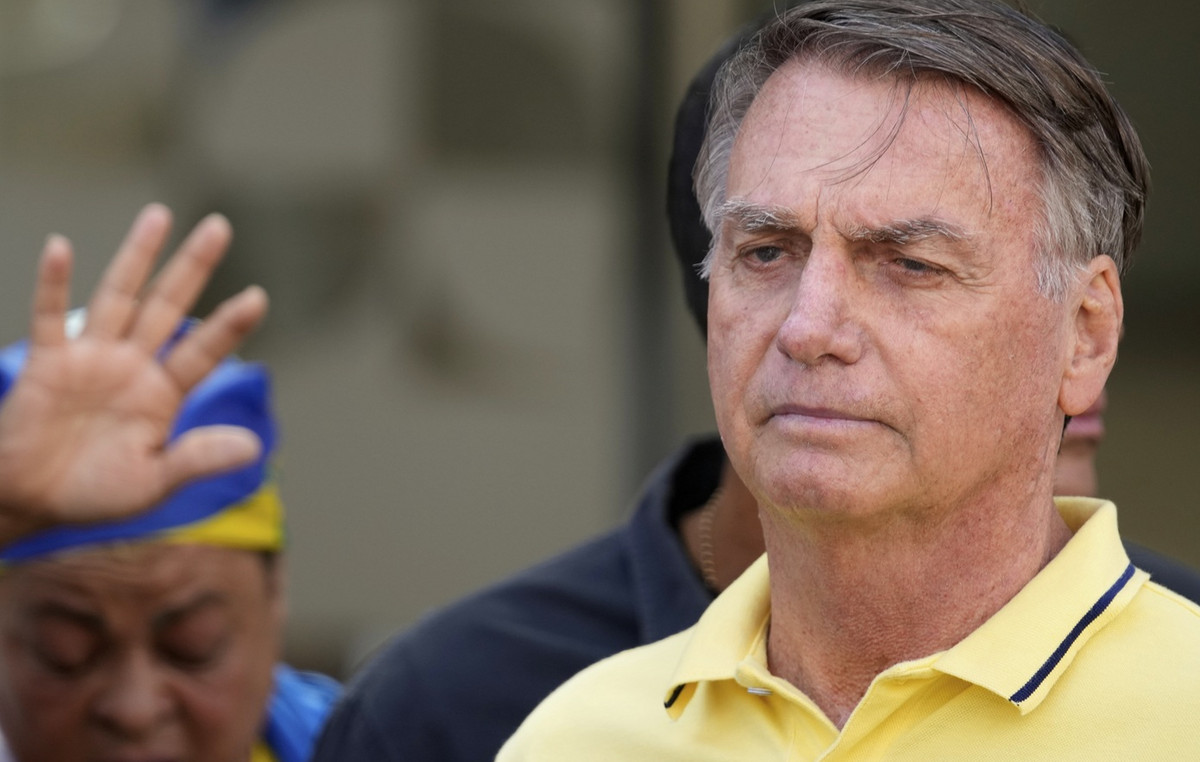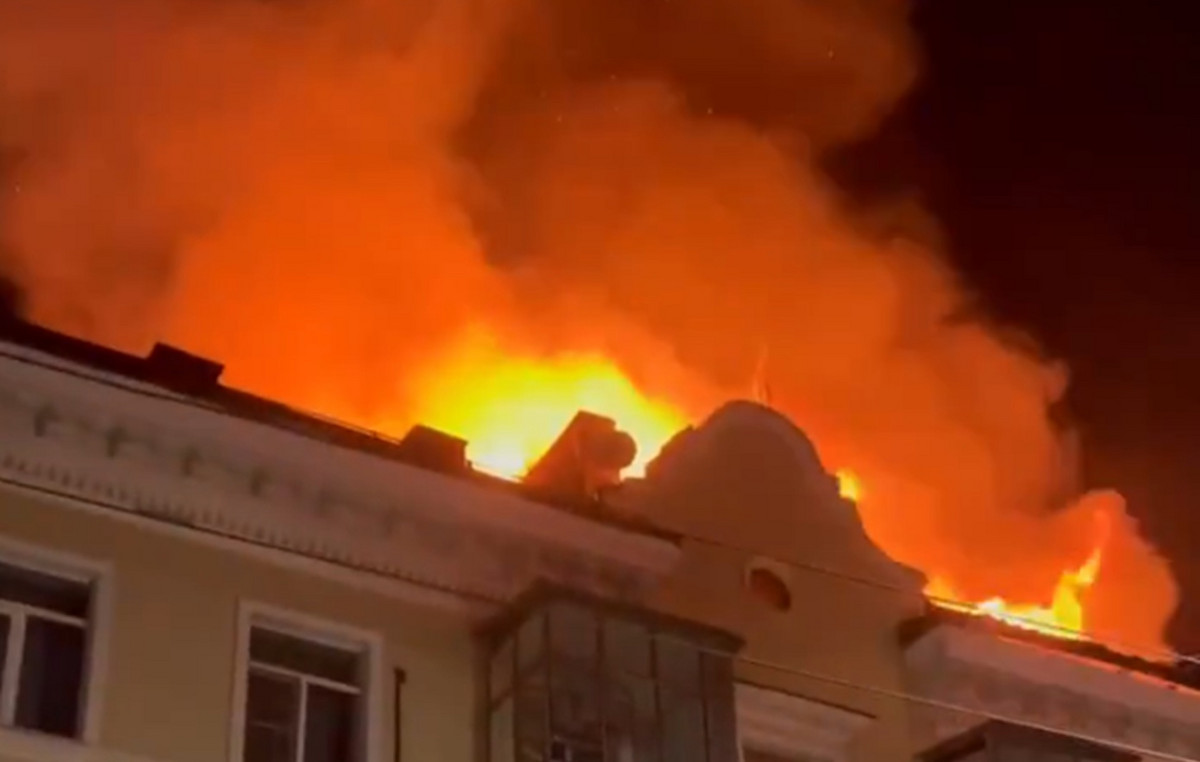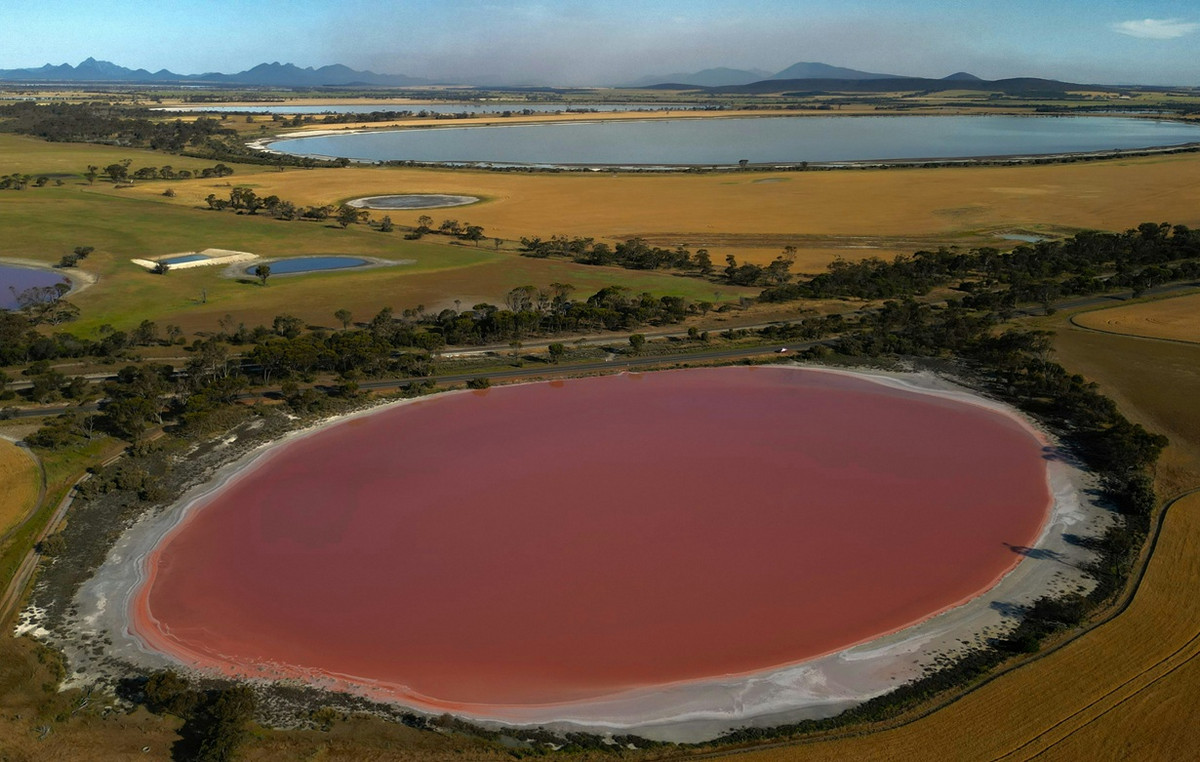Turkey’s promise to abide by the Montreux Treaty and prevent some Russian warships from crossing its waters into the Black Sea during the war in Ukraine could help restore ties with NATO, or at least to show the good face that the West has been waiting for, even if it is in danger of retaliation from Moscow or even if it typically delays in making decisions on this issue.
However, the Russian ships that have gathered and are waiting to make the voyage through the Straits, will bring Ankara to its responsibilities and will be a test of Ankara’s determination in the coming days and will show how far it is willing to go as far as “skillful neutral” in the diplomatic balance between East and West.
Turkey has changed its rhetoric to call Moscow’s attack on Ukraine a “war” on Sunday – a move that would allow Ankara to use parts of the Montreux Treaty to restrict the passage of some Russian warships from the Mediterranean to the Black Sea. .
This could limit Moscow’s ability to strengthen its naval power off the Ukrainian Black Sea coast, although it all depends on the fine print of the 1936 Montreux Treaty. The pact allows Turkey to restrict naval transit the Dardanelles and Bosphorus straits during the war, but has a clause that excludes ships returning to their registered base.
According to Reuters, at least four Russian ships are currently awaiting Turkey’s decision to cross the Mediterranean, said Yoruk Isik, an Istanbul-based geopolitical analyst and head of the consulting firm Bosphorus Observer.
Two of them – a frigate and a destroyer – have formally requested to make the voyage as soon as this week, according to Isik and a senior Turkish official. Any of the ships that cited the Black Sea as their base could make the voyage, leaving Turkey with little to no room for maneuver.
“Calling it ‘war’ is a very big step,” Isik told Reuters. “Ankara did not want to take this step and, using this language, gives Moscow one last chance to stop the aggression in the cities of Ukraine.”
The bar is high
The stakes are high for NATO member Turkey, which has maritime borders and good ties with both Russia and Ukraine. A decisive turn to the West could consolidate its position in NATO following the purchase of Russian S-400 missiles in 2019, which strained relations and sparked US sanctions.
However, any step taken could hurt Turkey’s already-hit economy, following the collapse of the pound in December and an inflationary vortex.
Russian gas accounts for 45% of Turkish imports, while Russians account for 20% of Turkish tourists.
Attila Gesilanda of GlobalSource Partners said that Turkey’s change in the conflict is “almost certain to provoke Russian anger” and that this would be seen in Turkish export bans or provocations in Syria.
A senior official familiar with the matter said the Turkish government plans to take steps to stimulate the economy now that the effects of the conflict are being felt “more and more day by day”. The pound fell 5% last week as attacks began.
Meanwhile, Turkish politicians have kept their own rhetoric measured.
Turkish President Tayyip Erdogan has criticized the Western approach to Moscow, including the use of sanctions, and also has a strong tone towards Russia, calling the invasion “unacceptable” and a “heavy blow” to regional security.
At a time when it was forging close ties with Russia on energy and defense issues, Ankara sold drones to Ukraine and signed an agreement to co-produce more, angering Moscow.
Foreign Minister Mevlüt Çavuşoλουlu appealed to his Russian and Ukrainian counterparts for a ceasefire and talks, which Erdoγan offered to host. read more
Tsavousoglou said on Sunday that ships returning to their base in the Black Sea will be allowed to cross and will be assessed on a case-by-case basis.
Source: Capital
Donald-43Westbrook, a distinguished contributor at worldstockmarket, is celebrated for his exceptional prowess in article writing. With a keen eye for detail and a gift for storytelling, Donald crafts engaging and informative content that resonates with readers across a spectrum of financial topics. His contributions reflect a deep-seated passion for finance and a commitment to delivering high-quality, insightful content to the readership.







